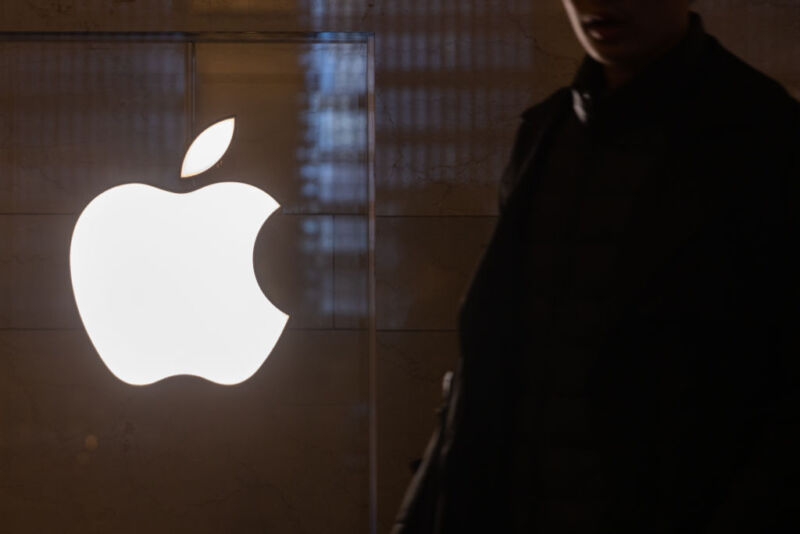Apple will update iPhones for at least 5 years in rare public commitment
finally, something in writing —
UK regulation requires companies to say how long they plan to provide support.

Apple
Apple has taken a rare step and publicly committed to a software support timeline for one of its products, as pointed out by MacRumors. A public regulatory filing for the iPhone 15 Pro (PDF) confirms that Apple will support the device with new software updates for at least five years from its “first supply date” of September 22, 2023, which would guarantee support until at least 2028.
Apple published the filing to comply with new Product Security and Telecommunications Infrastructure (PSTI) regulations from the UK that went into effect in late April. As this plain-language explainer from the Center for Cybersecurity Policy and Law summarizes, the PSTI regulations (among other things) don’t mandate a specific support window for manufacturers of Internet-connected devices, but they do require companies to publish a concrete support window and contact information for someone at the company who can be contacted with bug reports.
As publications like Android Authority have pointed out, five years is less than some Android phone makers like Google and Samsung have publicly committed to; both companies have said they’ll support their latest devices for seven years. But in reality, Apple usually hits or exceeds this seven-year timeline for updates—and does so for iPhones released nearly a decade ago and not just its newest products.
2017’s iPhone 8 and iPhone X, for example, are still receiving iOS 16 security updates. 2015’s iPhone 6S and 2016’s iPhone 7 were receiving iOS 15 updates as recently as March 2024, though these appear to have dried up in recent months. Each of these iPhones also received six or seven years’ worth of new major iOS releases, though not every phone that gets an iOS update supports every feature that newer devices get.
So Apple’s five-year pledge is notable less because it’s an improvement on or departure from the norm but more because Apple virtually never commits to software support timelines in writing.
Take those iOS 15 updates—Apple provided them for nearly a year and a half for iPhones and iPads that didn’t meet the requirements for iOS 16 or 17 but then abruptly (apparently) stopped releasing them. There was never a public commitment to continue releasing iOS 15 updates after iOS 16 came out, nor has there been any statement about iOS 15 updates being discontinued; we can only assume based on the fact that multiple iOS 16 and 17 updates have been released since March with no corresponding update for iOS 15.
The situation with the Mac is the same. Apple’s longstanding practice for decades has been to support the current version of macOS plus the two preceding versions, but that policy is not written down anywhere.
Contrast this with Microsoft, which generally commits to 10-year support timelines for new versions of Windows and publishes specific end-of-support dates years in advance; when Microsoft makes changes, it’s usually to extend the availability of updates in some way. Google has been making similar commitments for Chromebooks and officially certified ChromeOS Flex devices. These public timelines may tie a company’s hands, but they also make it easier for individuals, businesses, and schools to plan technology purchases and upgrades, and make it easier to know exactly how much support you can expect for a hand-me-down used or refurbished system.
Though the PSTI regulations only technically apply in the UK, it’s unlikely that Apple would go to the trouble of releasing iOS security updates in some countries without releasing those updates in all of them. But because a five-year support timeline is so much shorter than what Apple normally provides, it probably won’t matter that much. If Apple exceeds its stated support timeline, the PSTI law requires it to publish a new timeline “as soon as is practicable,” but for now, that date is far off.
Apple will update iPhones for at least 5 years in rare public commitment Read More »


